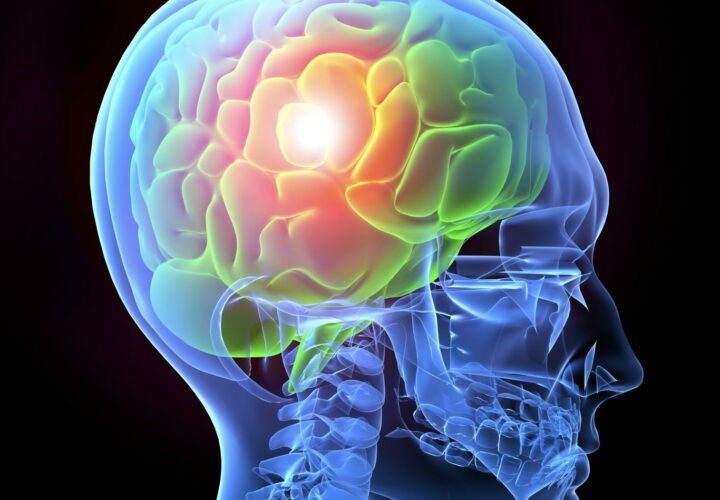A 2018 study shows that a particular diet designed around brain health could help slow cognitive decline for stroke survivors.
Studying the link between diets and brain health, or diet and dementia risk, is notoriously tricky. So far, there’s no definitive evidence that these types of diets can actually directly improve brain health or prevent dementia. They will not treat or reverse Alzheimer’s symptoms. But there is a hardy helping of evidence to support the link between heart-healthy, nutrient rich diets that are low in sugars and cholesterol, and brain health.
Some of this research has shown that closely following a diet called the MIND diet — with its hefty serving of vegetables, whole grains, fish, and poultry — even appeared to cut peoples’ Alzheimer’s risk in half.
According to MIND diet creator Martha Clare Morris, over years of research, the MIND diet involves cutting back on fats, sugars, red meats, cheese and processed foods and instead focusing on – similar to the Mediterranean diet – cooking with olive oil and eating plenty of leafy greens, vegetables, whole grains, berries, fish, poultry, nuts and beans. It also includes a glass of wine per day if recommended by your doctor and appropriate.
This special diet may also be particularly helpful when it comes to reducing symptoms of cognitive decline in stroke patients, according to researchers at Rush University Medical Center.
For stroke survivors, the chances of getting dementia skyrocket–they’re almost twice as likely to develop the disease. That’s why researchers decided to study the effects of a change in diet by monitoring 106 stroke patients from 2004 to 2017, for an average of almost six years per patient.
Participants were encouraged to follow the MIND diet, which stands for Mediterranean-DASH Diet Intervention for Neurodegenerative Delay. It is a combination of a Mediterranean diet and the DASH diet, a special nutrition plan developed to curb high blood pressure. Both have been shown to reduce risk of heart attack and stroke, two of the biggest risk factors for dementia.
The study was developed based on successes of Mediterranean-related diets in past research. The diet has 15 parts—10 brain-healthy food groups and five unhealthy categories, which are off-limits or limited. A typical day in the life of someone strictly following the MIND diet would include three servings of whole grains, a green leafy vegetable and one other vegetable, along with a glass of wine. Participants ideally would snack most days on nuts, have beans every other day, eat poultry and berries at least twice per week and fish at least once per week. The unhealthy foods include sweets, pastries, whole fat cheese, and fried or fast food, which the diet limits to less than five servings per week. Butter is limited to 1 1/2 teaspoons per day.
“I was really intrigued by the results of a previous MIND study, which showed that the people who were most highly adherent to the MIND diet cognitively functioned as if they were 7.5 years younger than the least adherent group,” said Dr. Laurel J. Cherian, a vascular neurologist and assistant professor in Rush’s Department of Neurological Sciences. “It made me wonder if those findings would hold true for stroke survivors, who are twice as likely to develop dementia compared to the general population.”
In the study, researchers tracked patients with a history of stroke, monitoring their eating habits through a daily food journal and assessing them once per year for cognitive decline. Those who followed the MIND diet closely had a significantly slower rate of cognitive decline when compared to those who didn’t adhere to it.
“Our study suggests that if we choose the right foods, we may be able to protect stroke survivors from cognitive decline,” said Cherian.
This was an observational study, though, meaning that while a correlation between diet and cognitive function was found, it doesn’t necessarily prove that the diet caused the difference in brain health. Scientists did control for other factors that contribute to dementia, like age, education level, physical activity level, smoking, gender and genetics.
“This is a preliminary study that will hopefully be confirmed by other studies, including a randomized diet intervention study in stroke survivors,” said Cherian. “For now, I think there is enough information to encourage stroke patients to view food as an important tool to optimize their brain health.”
UPDATE, March 2, 2023, 12:01 A.M. ET: This article from February 2018 was updated with new information for our readers.



